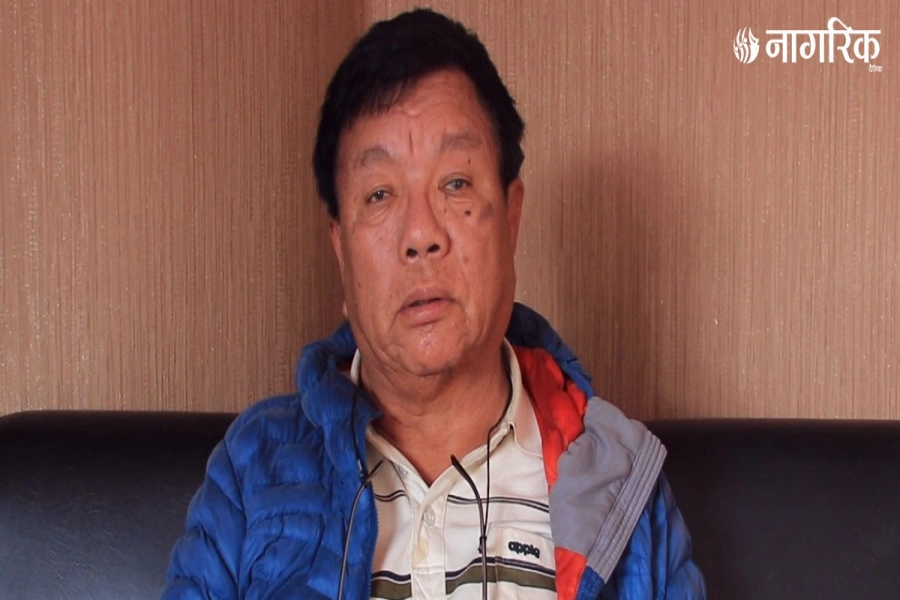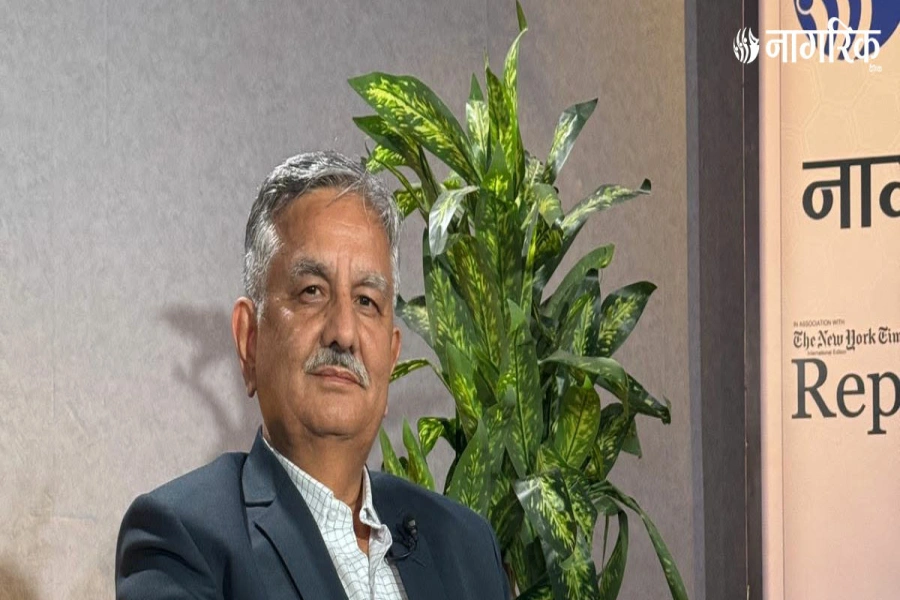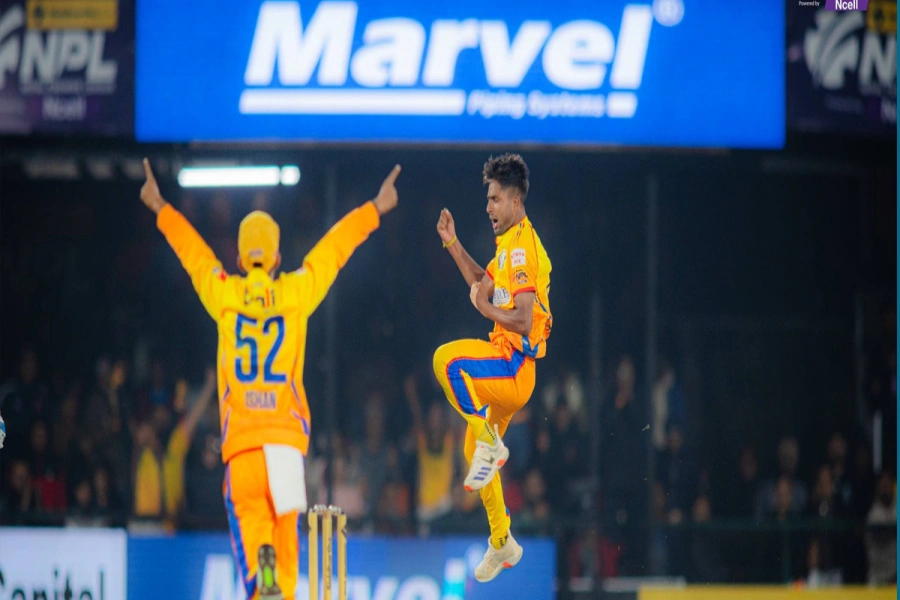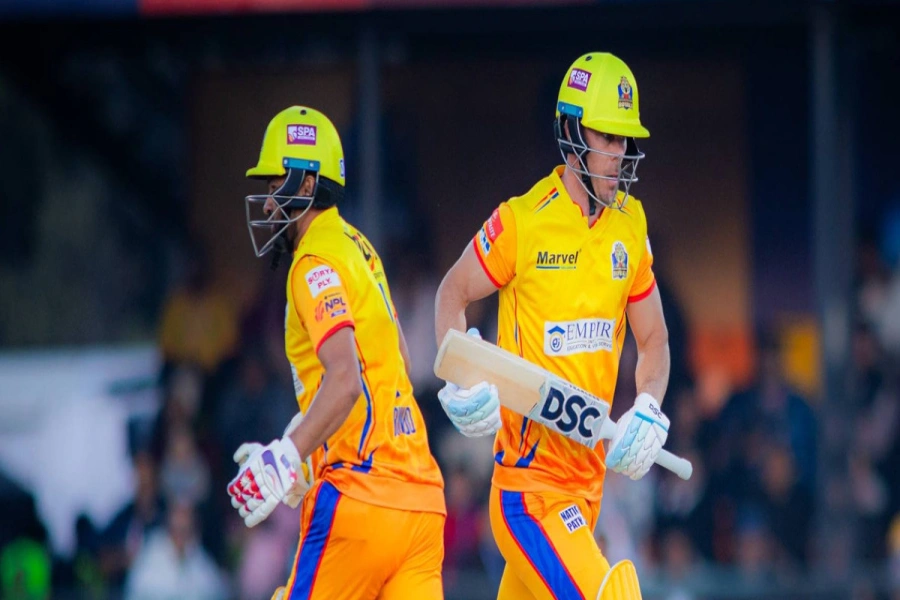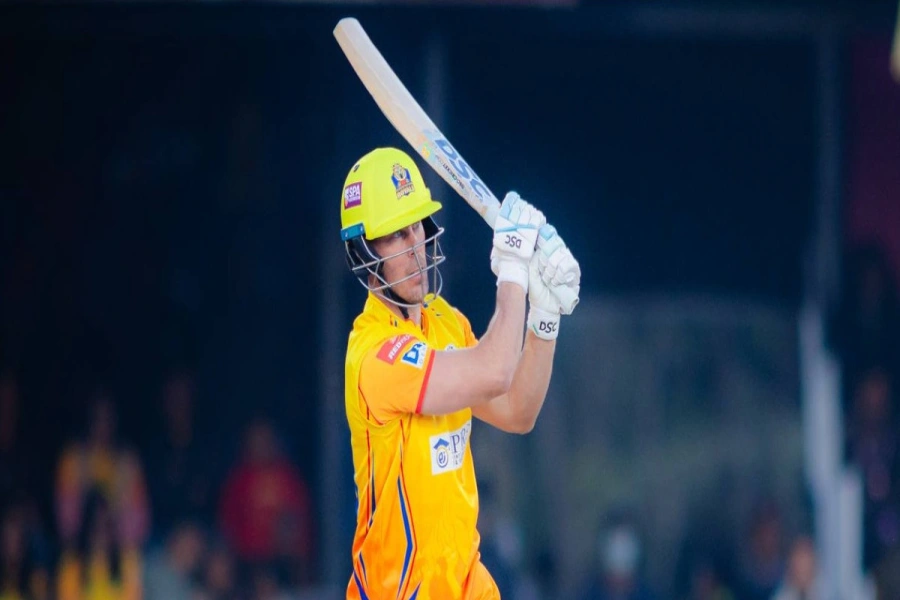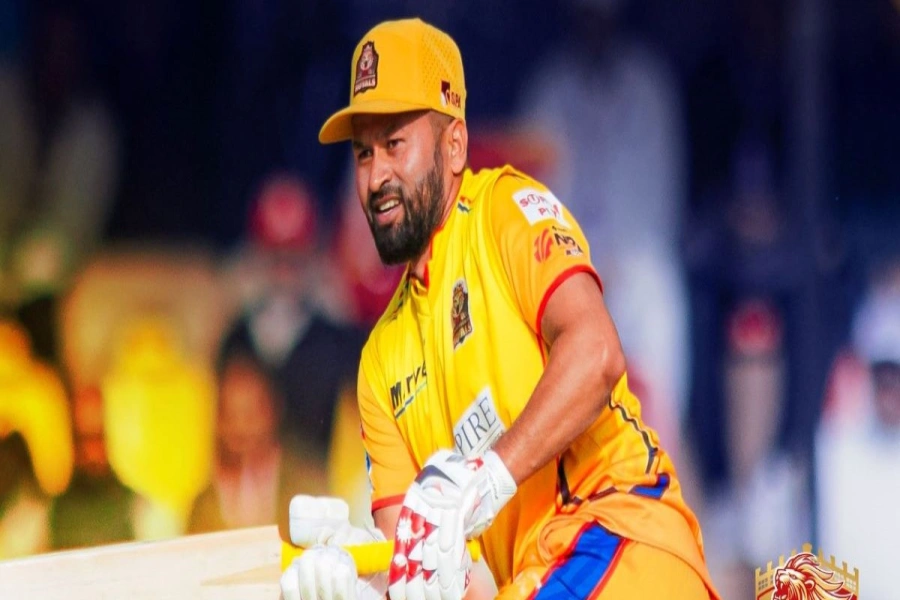KATHMANDU, June 17: After a long wait, Hari Krishna Karki formally assumed the responsibility of Chief Justice on Friday. President Ram Chandra Paudel appointed Karki as the Chief Justice on Friday in accordance with Article 129 (2) of the Constitution. Chief Justice Karki, upon his appointment, took the oath of office and secrecy from President Paudel during a special ceremony held in the evening at Sheetal Niwas, the official residence of the President. After taking the oath, he immediately assumed office as the 30th Chief Justice at the Supreme Court.
After the impeachment motion was filed against the then Chief Justice Cholendra SJB Rana in the House of Representatives (HoR), Karki became the Acting Chief Justice. Although Rana's tenure ended in December 2022, the appointment of the Chief Justice was delayed due to political strife.
The appointment of the Chief Justice in the Supreme Court was delayed due to the vested interests of major political parties in power. Following opposition from organizations like the Nepal Bar Association, the Constitutional Council meeting held on May 8, 2023, recommended Karki's appointment as the Chief Justice in the Parliamentary Hearing Committee.
The Parliamentary Hearing Committee approved Karki's name on Friday. With the approval from the committee, Karki's path to assuming the responsibility of Chief Justice of the Judiciary has been opened.
Karki got the opportunity to become the Chief Justice as he has only 50 days left for retirement due to the age limit. Karki, born in Okhaldhunga on August 4, 1958, will be retiring on August 4, 2023, due to the age limit of 65 years.
Karki, who held the position of Acting Chief Justice for a long time, will have the shortest tenure as Chief Justice. He assumed the post of Acting Chief Justice after the retirement of Acting Chief Justice Deepak Kumar Karki on September 27, 2022.
I will deliver on my election promises: PM Dahal

So far, Anup Raj Sharma's name is included in the list of those who have served a relatively short period as Chief Justice. Sharma, who assumed the responsibility of Chief Justice on December 13, 2009, retired on March 26, 2010.
Among the seven Chief Justices appointed from 2008 BS to 2048 BS, Hari Prasad Pradhan (appointed for the second time) served for only two years, which was the shortest tenure in the position. Initially, Pradhan served as the Chief Justice for five years, from August 10, 1951, to May 20, 1956.
After Anirudra Prasad Singh, Pradhan once again assumed the responsibility of Chief Justice. In his second tenure, Pradhan served as the Chief Justice from December 14, 1961, to December 15, 1963. Apart from that, Bhagwati Prasad Singh, Ratna Bahadur Bista, and Dhanendra Bahadur Singh served for a period of six years each as Chief Justice before 2048 BS. Nayan Bahadur Khatri served the longest as Chief Justice for a period of 9 years. He held the position of Chief Justice from August 8, 1976, until December 10, 1985.
After the political changes in the country in 2046 BS, Bishwanath Upadhyay, who became the Chief Justice in 2048 BS, retired in a short time. Since the 2062-63 BS movement, except for three people who have reached the responsibilities of the Chief Justice, they had the opportunity to lead the judiciary for less than a year. During this period, Khil Raj Regmi and Cholendra SJB Rana served as Chief Justices for a longer duration compared to others. However, neither of them completed a full term in that position.
Regmi, who was appointed as Chief Justice on May 6, 2011, assumed the responsibility of the Chairman of the Council of Ministers in the same capacity. As the Constituent Assembly failed to issue a constitution even after two years, an electoral government was formed under the leadership of Regmi in April 2013 to resolve the political crisis in the country. After handing over the responsibility of Acting Chief Justice to Damodar Prasad Sharma, Regmi did not return to the position of Chief Justice.
The MPs of Nepali Congress, CPN (Maoist Center) filed an impeachment motion against Cholendra SJB Rana, who took over the post of Chief Justice on January 2, 2019, in the House of Representatives on February 13, 2022, with 21 charges. SJB Rana was suspended after the impeachment. While the proposal was pending, Rana retired in November 2022 due to the age limit.
Sher Bahadur Deuba, with the support of a majority of independent members of parliament as per Article 76 (5) of the Constitution, claimed to form a government by submitting a letter with signatures. However, the then President rejected the claim, leading to the dissolution of the Parliament. They dissolved the House of Representatives on the recommendation of then Prime Minister KP Sharma Oli. In response, 146 Members of Parliament, including Nepali Congress President Sher Bahadur Deuba, approached the Supreme Court. On the same matter, on July 12, 2021, the Supreme Court issued an order to appoint Deuba as the Prime Minister.
In response to this, former Prime Minister KP Sharma Oli, who was also the Chairman of the Communist Party of Nepal (CPN), became furious. Oli, currently the leader of the main opposition party, is also a member of the Constitutional Council. Accusations were made by those close to him that Oli wanted to prevent Karki from becoming the Chief Justice by saying that CPN-UML is on the opposition side.
Chief Justice Karki has expressed his commitment to implementing various reform campaigns within a 50-day timeframe to restore public faith in the judiciary. Along with him, 19 justices of the Supreme Court opposed the bench of the former Chief Justice SJB Rana and engaged in other activities against Rana. It remains to be seen what steps he will take next and how he will proceed with his agenda.
The Supreme Court formed a committee on August 13, 2020, under the leadership of Justice Karki to study the distortions, anomalies, irregularities, corruption, and collusion within the judiciary. The report presented on July 30, 2021, in the Supreme Court mentioned the existence of corruption starting from the appointment of judges and the presence of some corrupt judges.
Karki graduated from Tribhuvan University in the Faculty of Law in 2039 BS and obtained the title of Senior Advocate in 2069 BS. Karki, who entered the office of Supreme Court judge in 2072 BS, also held the office of the president of the Nepal Bar Association. He has also served as the President of the Nepal Bar Council and Nepal Notary Public Council.
‘I will step down if allegations are proven’
Earlier on Friday morning, Karki told the parliamentary hearing committee that he would resign if any of the allegations against him were proved. A complaint was filed against him with 29 allegations in the committee. "If any of the allegations against me are proven, I will resign and leave," he said. The committee had a question and answer session with Karki. In the meeting of the committee, Karki explained about his commitment to good governance, fighting against corruption, and resisting interference.
Karki gave the answer by recalling the issues raised during the process of formulating the Judicial Reform Action Plan. He mentioned that there were 29 types of interference within the judiciary. He also stated that the presence of interference within the judiciary had been observed since the study conducted by the Nepal Bar Association in 2064 BS. "Looking at that, no sector is free from interference," he said. After the question and answer session, the committee had unanimously approved him for the position of Chief Justice.




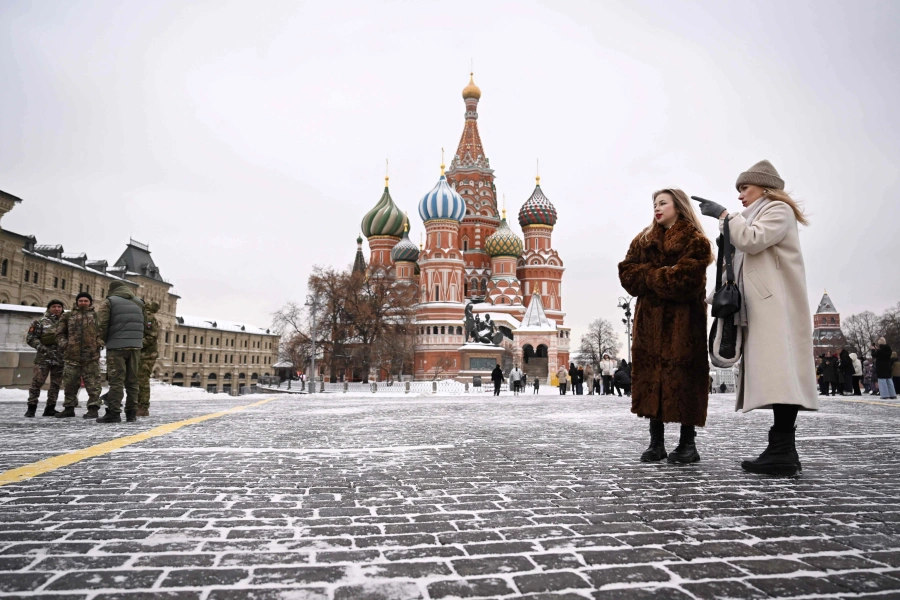











-1200x560-1764836409.webp)
